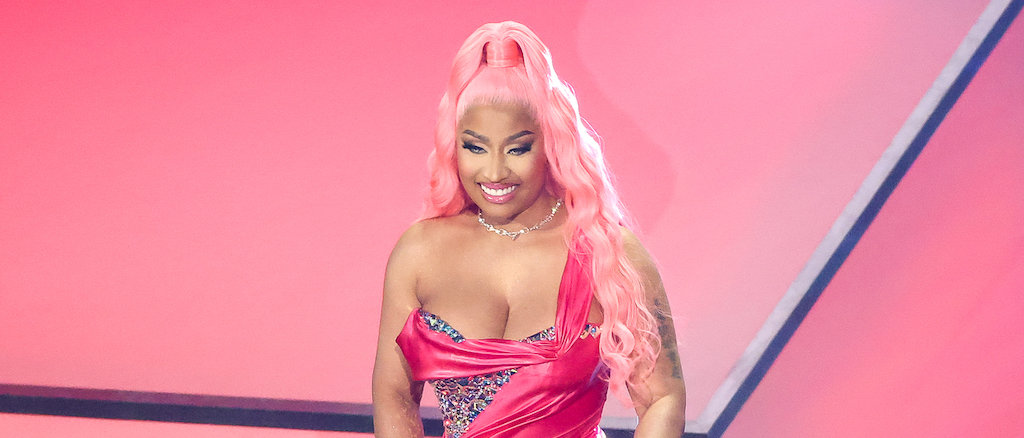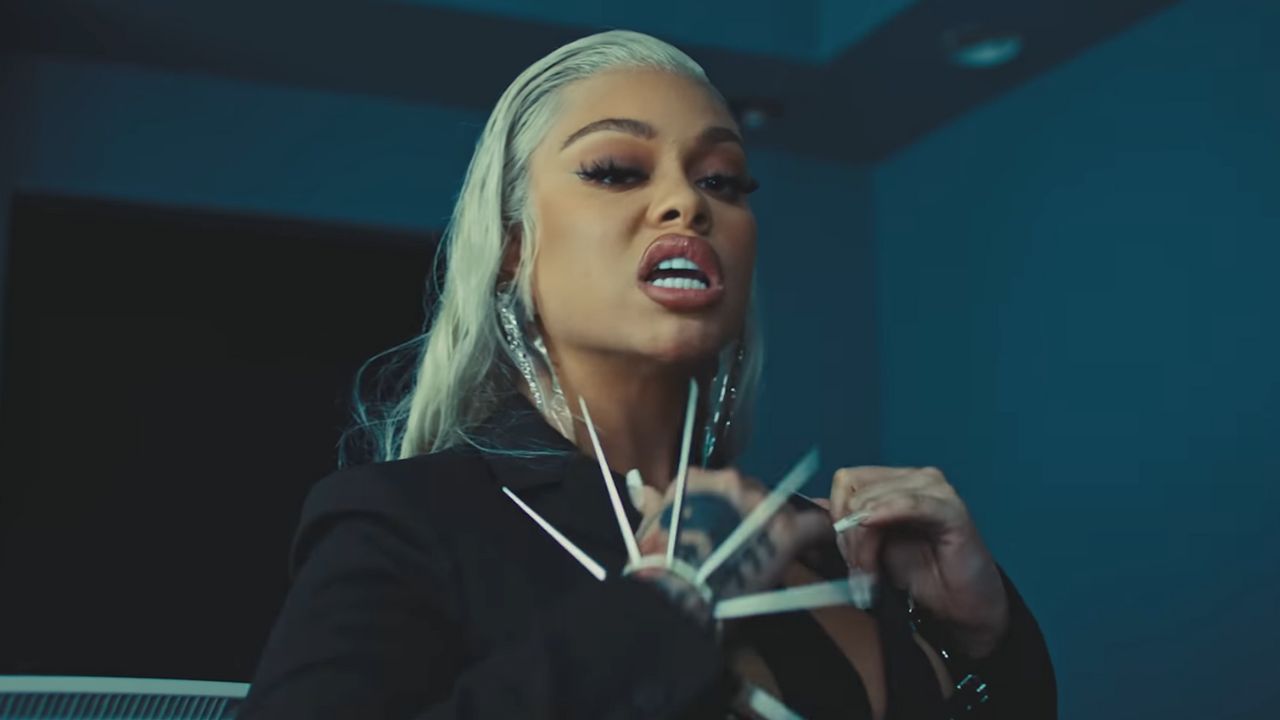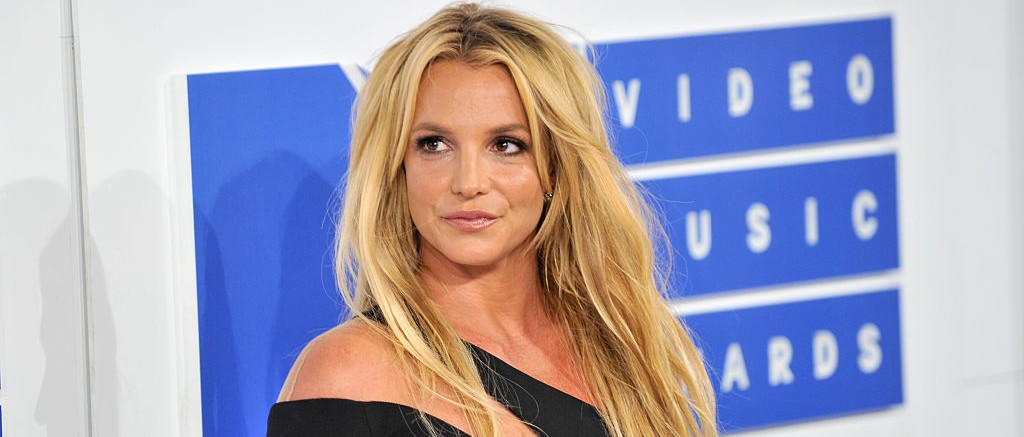
NAV f/ Lil Uzi Vert, “Dead Shot”
Roddy Ricch f/ G Herbo & Doe Boy, “Ghetto Superstar”
Glorilla f/ Latto & JT, “F.N.F. (Let’s Go) Remix”
Ari Lennox, “Waste My Time”
Yeat, “Out thë Way”
G Herbo f/ A Boogie, “Me, Myself & I”
Bryson Tiller, “Outside”

Riding the highs of her viral hit “FNF (Let’s Go),” GloRilla has teamed up with Latto and JT of City Girls for a women-empowered remix.
On the remix, the ladies declare themselves free of time-wasting men, and remain focused on the money.
Never one to mince words, JT delivers the first guest verse, rapping. “I’m F-R-E-E, hold up, stop the beat / I’m a muthaf*ckin’ city girl, ain’t sh*t free ’bout me”
Following the catchy chorus and “let’s go” refrains, superstar rapper Latto comes in with the next guest verse. Aware of her power, Latto doesn’t feel threatened by any of her enemies. “All my opps scary, they won’t pop up at the party / Got them b*tches runnin’ from me, like an episode of Maury,” raps Latto.
Shortly before she released the original version of the song this past April, GloRilla shared a snippet of the song onto her Triller page. In an interview with Billboard, the Memphis rapper revealed that feedback from her fans plays a huge role in how she decided which songs she releases.
“Every time I record a song and I really like it, I like giving my audience something to look forward to — if the snippet do good, I release the song,” she siad. “I’ve had a couple of the Triller videos [go] viral, but the songs don’t always. I didn’t know [‘F.N.F.’] was gonna get this big.”
Check out the “FNF (Let’s Go)” Remix above.

It sounds pretty unbelievable, but it has been nearly 24 years since rap last saw an all-women posse cut — and even longer since one had any commercial impact. The last two times more than three female rappers were on a song together spitting verses, Bill Clinton was still in office, the first PlayStation was out, and Cardi B still looked like she bit people. This week, that long drought is about to be broken thanks to Nicki Minaj, of all people.
With her new single “Super Freaky Girl” earning her first solo No. 1 (also the first for a female rapper since ’98), Nicki is upping the ante (super bonus points if you get what I did there) with a remix featuring the first all-women lineup since either Nicki D’s promo record “Six Pack” or Queen Latifah’s “Brownsville.” It’s unclear which actually dropped first — the internet back then wasn’t what it is today [*reminisces in dial-up*].
Today, Nicki finally teased the lineup for her remix, sharing the bootylicious cover art, which only shows the six women from behind, all wearing matching boots and teeny silver bikinis. The clues to their identities come in the form of a suitcase at the forefront of the picture featuring stickers with the women’s origin cities on them. They read: Miami, Chicago, Atlanta, Boston, and New York.
Deciding if I should premier the SUPER FREAKY GIRL #QueenMix on #QueenRadio tomorrow night.
8pm Est. 11pm Pst.
hmmmm *thinks*pic.twitter.com/gDq7u9MASC
— Nicki Minaj (@NICKIMINAJ) September 7, 2022
Naturally, fans are already speculating on just who the guest rappers might be. Considering the cities involved, it would seem that Boston’s the easiest to guess: That would be BIA, who Nicki previously collaborated with on the remix to “Whole Lotta Money.” It only makes sense that she’d return the favor. Meanwhile, Miami would almost certainly be City Girls, although Trina wouldn’t be out of the question, as they’ve worked together before. Chicago gets a little iffier — the only really viable acts from there are acts like Dreezy and the unpredictable Cupcakke, with fans leaning more toward the latter.
Atlanta’s also obvious: If it ain’t Latto, I’ll eat my hat. Despite Latto previously worked with Nicki’s longtime rival Cardi B, the Atlantan rising star was also careful to avoid picking sides when media goaded her to. And as far as New York goes, sure, that could be Nicki herself, but I wouldn’t be shocked to see her roll the dice on a DreamDoll feature, which would launch the bubbling artist into the stratosphere. There’s one other female rapper from New York that would blow fans’ minds, and I wouldn’t put it past Nicki to use this opportunity to really surprise people, but the main reason it’d be a surprise is that it’s so unlikely. Some fans also seem to be projecting a Flo Milli appearance, but there isn’t a Montgomery, Alabama sticker on that suitcase.
The good news is, we only have to wait a work day to find out. Nicki says she’ll be premiering the song on her Queen Radio podcast at 8 pm ET and 5 pm PT, unless she has those timezones mixed up, in which case, it’ll be 11 pm ET and 8 pm PT. Stay tuned.

Latto has officially dropped the visuals for “It’s Givin.” Latto has premiered new visuals for the song titled “It’s Givin,” which is a hot single off her latest album, 777. In the video, Latto is spotted having a fun photoshoot in a circle of her friends. The visual also shows “bosses” working at their computer […]
The post Ella Mai, Chloe x Halle, Angie Martinez + More Star In Latto’s “It’s Giving” Music Video appeared first on SOHH.com.
Latto celebrates all the boss bitches in the new video for “It’s Givin” from her album 777. “It’s Givin” was one of the album’s standouts, receiving attention on its release night for its thumping beat and motivational messaging. Latto keeps that energy (ha) with the video, creating an inclusive workspace where all women can be bosses. The video highlights several disabled women and features cameos from stars like Angie Martinez, Ella Mai, Flo Milli, and Chloe and Halle Bailey, as Latto herself leads business meetings and drapes herself over the copy machine in a heavily modified business suit with strategic cutouts that show off her assets.
The Atlanta rapper’s work ethic certain gives “boss bitch”; in the five months since the album was released, she has supported it with a remix to its standout hit “Big Energy” featuring Mariah Carey and assisted a slew of fellow entertainers with fiery guest verses. In April, she and Trina made it “Clap,” then she reminded foes to “Mind Yo Business” in June with Lakeyah. She joined Saucy Santana on his Beyonce-sampling “Booty” and appeared on albums from the likes of Nardo Wick, Calvin Harris, and Megan Thee Stallion, in addition to dropping her own provocative single supporting reproductive equality, “Pussy.”
Watch Latto’s “It’s Givin” video above.

Before the 2022 MTV Video Music Awards kicked off on Sunday (August 28), Variety‘s Marc Malkin was on the red carpet for interviews. As he chatted with some of the most beloved stars at this year’s VMAs, he made it a point to ask about Britney Spears and her new comeback song with Elton John, “Hold Me Closer,” getting a mixed bag of answers.
When Malkin mentioned Spears to recent Uproxx cover star Chlöe, she lit up and said, “I’m so proud of her. I love Britney and I’m so happy to see that she can be herself on her own terms.” He then asked what song he’d like to duet on with Spears and she went with “Toxic.” Malkin tried to coax Chlöe into singing a bit of the song but she playfully declined.
Chloe Bailey is “so proud” of Britney Spears: “I’m so happy to see that she can be herself on her own terms.” https://t.co/CCP7nVlHI5 pic.twitter.com/9CVYmmnOQ6
— Variety (@Variety) August 28, 2022
He also asked Latto the duet question and she answered, “We gotta do something from scratch, we gotta do something from scratch.” She added, “Brit: call me, girl. It’s nothing. I do think, some new Britney… the world needs some new Britney.”
Answering the same question, J Balvin chose “Slave 4 U” and even sang a brief snippet of it.
“The world needs some new Britney,” Latto says on the #VMAs red carpet https://t.co/mG6IL3pFVP pic.twitter.com/D4SHbhveRz
— Variety (@Variety) August 28, 2022
J Balvin sings Britney Spears’ “Slave 4 U” on the #VMAs red carpet https://t.co/Uz9HVs0DO8 pic.twitter.com/WuVaza1RtC
— Variety (@Variety) August 28, 2022
Måneskin and TikTok star Chris Olsen also chatted about Spears, so check out those clips below.
.@thisismaneskin share their dream collaboration with Britney Spears would be “Womanizer,” and tease a bit of their cover of the song. https://t.co/9i2vLS40bC pic.twitter.com/9NV2QCl9EA
— Variety (@Variety) August 28, 2022
Chris Olsen wants to duet with Britney Spears on “Toxic,” the song that was an “integral part of my queer journey.” https://t.co/9i2vLS4y1a pic.twitter.com/0kgZqJXReb
— Variety (@Variety) August 28, 2022

Latto and Planned Parenthood recently collaborated on a PSA video in which Latto used her platform to encourage her followers to support the cause of abortion access and rights. The video was created ahead of her nomination for the MTV Video Music award, nominating her song “P*SSY” as Video for Good. The award celebrates artists who use their art for social justice.
The Supreme Court’s Roe v. Wade decision, which removed the fundamental right to an abortion, was overturned two months ago last Thursday. The court’s ruling has caused a national public health emergency. One in three American women and more trans and nonbinary persons who are capable of getting pregnant already lack access to the freedom to manage their own bodies since abortion is illegal in nearly a third of the states in the United States.
The song “P*SSY” by Latto is a bold statement on who has the right to control our bodies and our decisions in response to the Roe v. Wade decision being overturned. In addition to leveraging her position to raise awareness of this situation, Latto is also giving Planned Parenthood a share of the sales revenue from the song’s release. On this significant release, Latto selected strong women to work with her, including Katie McIntyre, who designed the cover art, and co-director Sara Lacombe.
Georgia’s Clayton County, where Latto is from, just passed a law outlawing abortions beyond six weeks (H.B. 481). Just two weeks after a person’s first missed period—before many people even know they are pregnant—the law gives the state the power to make receiving basic healthcare illegal.
“We already know who’s going to be hurt the most by these ridiculous abortion bans: Black women, Brown women, the LGBTQ+ community, and communities with low incomes. Because of this country’s history of racism and discrimination, these folks already have a hard time getting the health care they need. We all deserve to be safe and it’s every person’s right to make decisions about their own bodies. As an artist, I want to use my platform to let these politicians know: My body is for no one to control, but me.”
“We’ve been privileged to have the support of many wonderful musical artists who are speaking out about the attacks on abortion. When a prominent artist like Latto uses their platform to amplify the need for reproductive rights for all, it’s a very powerful moment. Latto’s voice will do so much to inspire others to use their voices, too, and we are thrilled that she is speaking her truth. In this time of widespread loss of abortion access, the time for us all to speak up is now.”
You can see the PSA below.
The post [WATCH] Latto Teams with Planned Parenthood for a PSA to Stand Up for Abortion Rights appeared first on The Source.
